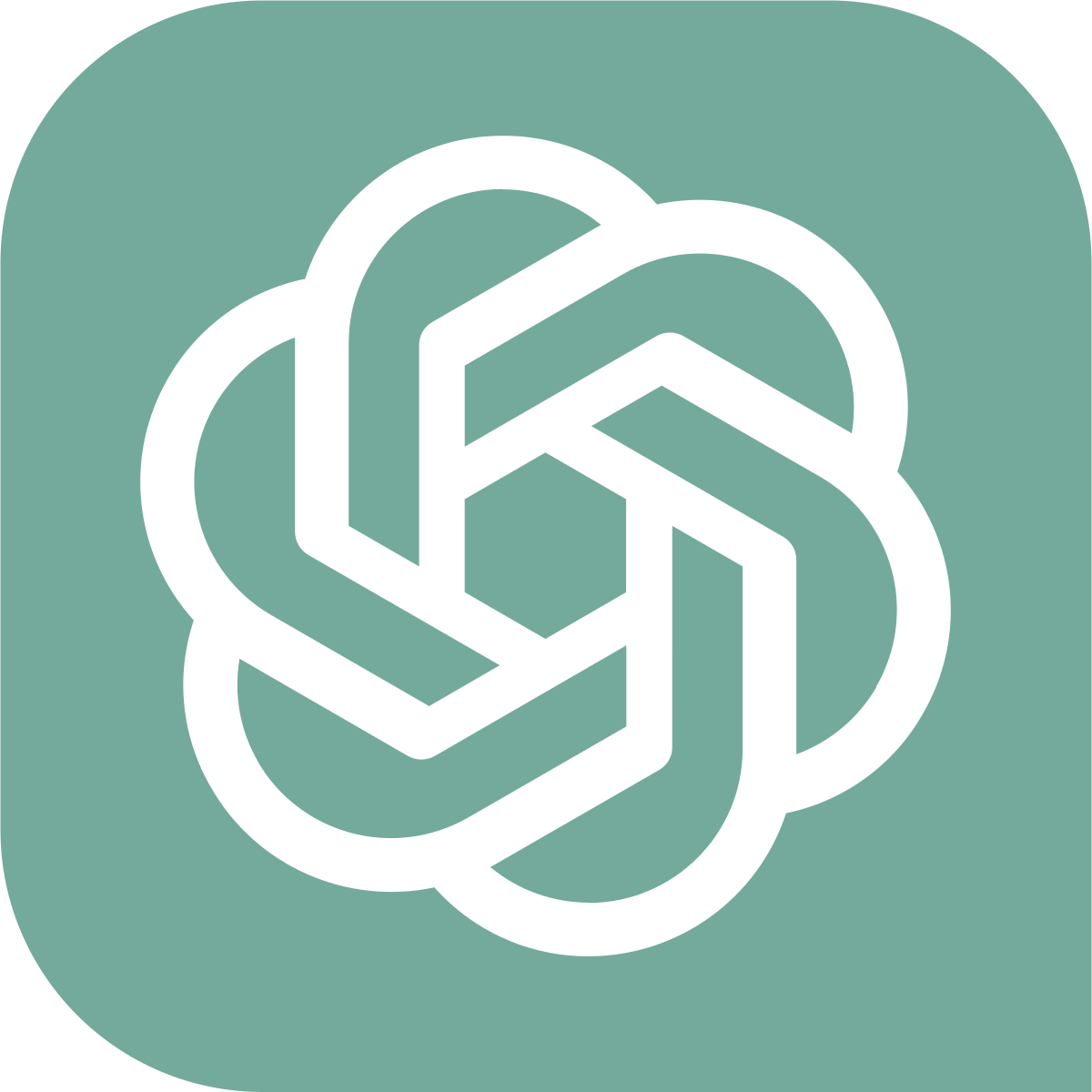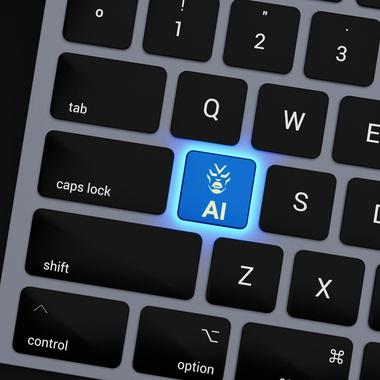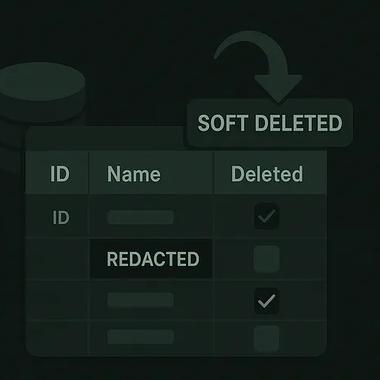Unlike Google, ChatGPT prioritises your specific request, so it gives you a more accurate answer in a simple and curated format. It also provides an explanation for that answer, and sometimes it even gives you examples of code that you can review before you write your own code.
A.I. has already been a big help with development, and I see myself using it more and more. I ask ChatGPT questions about once per day. I was frustrated the other day because the free version wasn’t working – and at that moment it dawned on me that I’m beginning to use this tool in my daily coding.
If a company wants to increase their efficiency and speed-of-execution, they need to depend more on A.I. tools for day-to-day tasks.
What are the implications of A.I. for your career?
A big change is coming for developers who use A.I. tools.
Many people complain that A.I. is taking jobs, and it’s true that there will be higher barriers to entry for people who are starting out. We may not need as many developers as before for simpler exercises, because A.I. has sped up implementation.
As an experienced developer, I’m not too worried. The way we work will change: we will often act as ‘prompt engineers’ – someone who asks A.I. questions in a very precise, concise way, so that it gives you the most accurate answers. The key will be understanding the language models behind these tools.
Instead of developers writing boilerplate code, A.I. will write the basic code for us. Our job will be to understand the code, investigate whether it is optimal or not, and try to make it better. We’ll focus our time on the more complex user or technical problems, that A.I. would not be able to solve (yet)!









